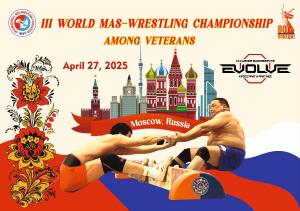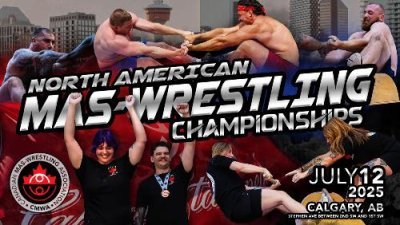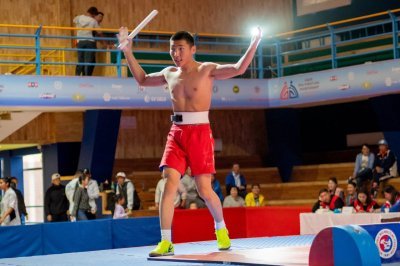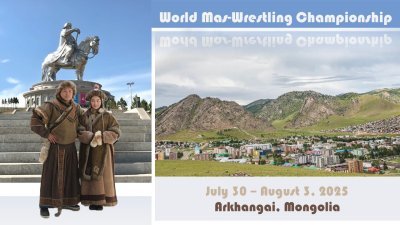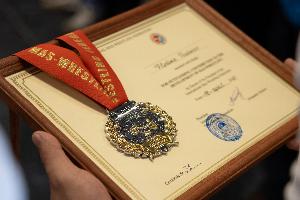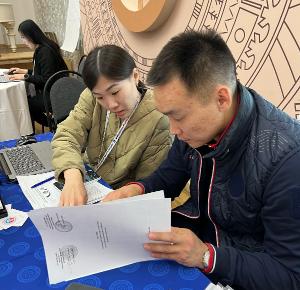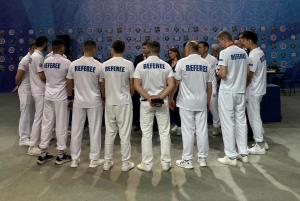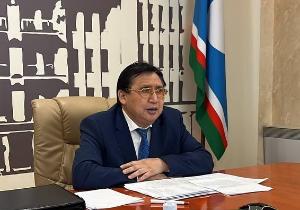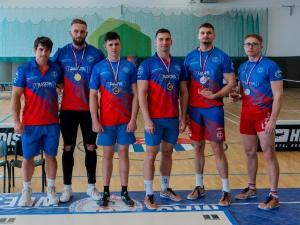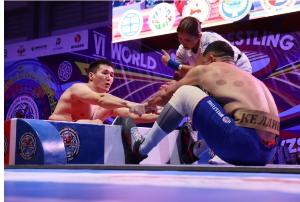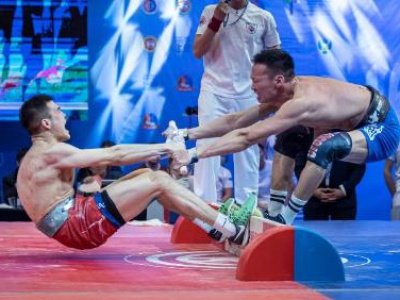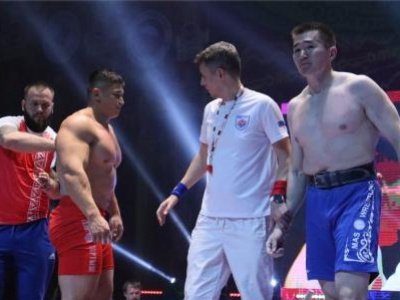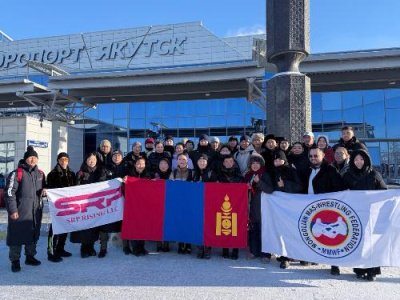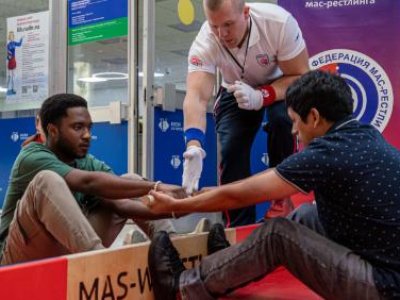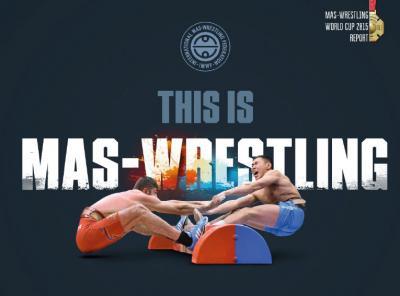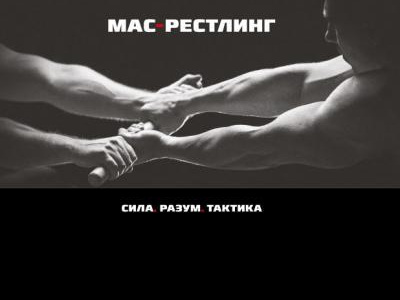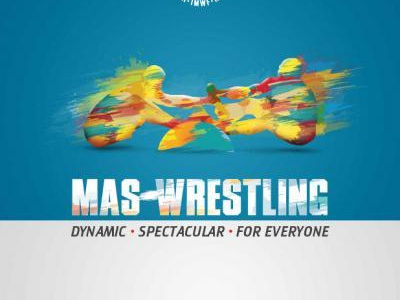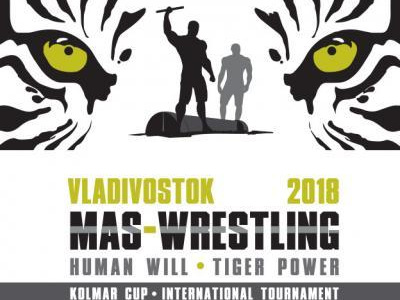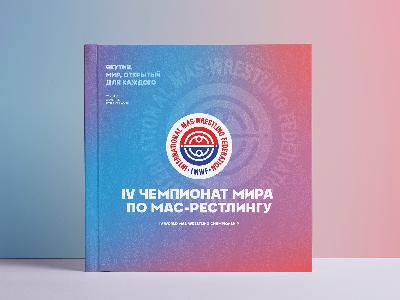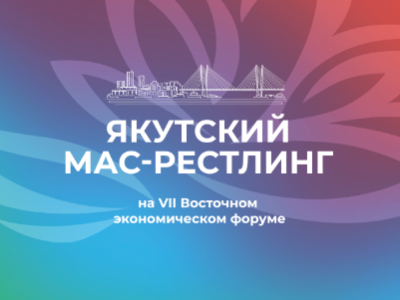Mārtiņš Līcis (a.k.a. Martins Licis) - A Mother’s Eye View
But when I sat down to write I realized that I barely knew where to begin: so intertwined my life has been with Mārtiņš’s, in spite of the physical distance, that I found it hard to strip all that I would want to say down to mere facts. Most recently, I went through a whirlwind of emotions watching him from afar competing in his first World’s Strongest Man competition. It left me exhausted. And it was him fighting, not me! But I guess that’s what we mothers do: we live our children’s lives vicariously, no matter how far from us they are, or how big they have grown. And big my son has grown.
His father Kristaps and I were very young when we had him in 1990. We were both studying architecture at Riga Technical University in Latvia, and both coming from Latvia, were caught on the wave of the National Independence movement. Things were in flux, the air was abuzz with the euphoria but also the turbulence and anxiety of big changes for Latvia, as it was for Russia and other nations in the region. Many events of those first months in Mārtiņš’s life filled our lives with uncertainty, trial and excitement all at the same time.
In 1994 the three of us moved to the United States to pursue graduate studies. I guess it was time for our own independence and growth. Considering the distance from our family and friends, we had to start everything from scratch, and rely solely on ourselves.
From the beginning, we included Mārtiņš into most of our activities: work (he accompanied me on my first job at an architectural office), studies, travel, attending (not always voluntarily) art exhibitions and performances, and even parties with fellow students. Mārtiņš quickly became the soul of many of these gatherings; his age didn’t seem to matter much. He easily made friends, with kids his own age and with adults alike. He dreamed of opening a restaurant: we would invite people to our house, he would cook.
Another one of his early childhood dreams, surely inspired by the time he spent in his grandparents’ country homes back in Latvia, was to have a farm and be surrounded by nature.
As a school kid in the U.S., he tried his hand (and leg) at soccer, taekwondo and American football. Since the age of 10 or 11, he tagged along with us to the gym, with little motivation, slowly working his way through basic calisthenics and free weights with his father, building up what his father calls “muscle intelligence”.
One event that in my opinion served as a turning point for him was not actually a happy one. One August afternoon in 2003, just shy of his 13th birthday, he was surrounded by a group of intoxicated 14–17 year-olds in downtown Amherst, our small bucolic New England college town, and beaten up. An eyewitness later told me how impressed she had been with Mārtiņš’s calm, stamina, and strength. He had not given in to bullying, and continued picking himself up and walking away as the gang kept setting upon him, knocking him down over and over again.
I think it was on that August day that he decided he really needed to pick himself up some muscle. His mindset changed from “I hate it, but I really should go (to the gym)” to "I damned-right will go and be outrageously strong so that nobody can touch me.” By 15, he was surprising even seasoned grownup gym-goers with his strength. He was invited to join his highshool’s free-style wrestling team. It proved to be a good match for Mārtiņš, with its one-on-one confrontation, its emotional and spiritual tug-of-war, and its almost gentlemanly mutual courteousness of the opponents. Meanwhile, his love for working out at the gym, and training and guiding others, continued growing. He graduated high school in 2009, and enrolled in a computer programming school at a local community college.
A year later, just after turning 20, he packed his bags, loaded them into his high school buddy’s old car, and together they left Amherst, going across the whole country of the U.S.A., all the way to the West Coast, Los Angeles, in search of a new life. Some family traditions never die, you see. With no one to go to in L.A., no connections, and just enough money to last them a couple of months, they set out to begin a new chapter in their lives.
While working hard manual labor at jobs he could find, and at the day’s end recounting his experiences in rich hilarious detail, Mārtiņš decided to call a man he had heard a great deal of, and for whom he had tremendous respect: Odd Haugen. Having tried out his hand in a couple of strongman competitions back in Massachusetts, he was looking for his own tribe. He started out training with Odd and his team, humble and grateful to be allowed in. And little by little, after tons upon tons of lifted iron and stone, under hot California sun, or in Odd’s garage, after rivers of sweat and countless bloody blisters and cuts, he “muscled” his way in, accepted by his new tribe of Strongmen.
I follow his competitions as best as I can, and have attended several of them. One of the most amazing experiences for me was meeting Mārtiņš in Yakutsk in November of 2014, at the World’s first mas-wrestling championship. At that point, Mārtiņš and his U.S. team had been practicing MAS for slightly over a year, and were in for a very tough competition. Mārtiņš took the world by surprise when, to a screaming and whistling uproar of an agitated audience, he won a match against a mas-wrestling legend Anatoly Baishev, and went on to take home silver in the 125kg category.
Last year Mārtiņš returned to Russia twice, to compete in two of the three Mas-Wrestling World Cup’s competitions, and twice brought home the gold. But the ultimate challenge was still awaiting him.
In the spring of this year he was to face the undefeated reigning absolute world mas-wrestling champion Viktor Kolibabchuk at Absolute Mas-Wrestling World Championship in Columbus, Ohio. I saw Viktor in Yakutsk in 2014; he impressed me with his formidable presence, towering over everyone around him, a seasoned and very powerful athlete. I held my breath as Mārtiņš ascended the stage in Columbus, and sat across the board from Viktor. What happened next was simply explosive: I saw Mārtiņš in his most determined heightened state, he was ready for Victor. And he was ready for his own victory.
Last week, almost half a year after that first encounter, by a twist of fate, Victor and Mārtiņš were to face each other again at quarter finals on the podium of the II World MAS Wrestling championship in Kyrgyzstan. Both athletes put on a beautiful fight, Mārtiņš losing by 1 point. But none were to take home gold. I watched Mārtiņš give Victor a hearty amiable hug after that match... and I recognized in this simple gesture the best of what I know about my son, his essence, which some can miss behind his goofy upbeat persona: a powerful, noble fighter, a humble and generous man, for whom being a kind human being matters above all.
I remain in awe of his grace, his sense of humor, his determination and his perseverance (do I need to mention his strength?) You need to know that, just like that August afternoon, on the streets of Amherst, he will always pick himself up and make himself stand tall and strong, wherever he is, always elevating along those around him, including his opponents - never at the expense of another.
Over the years, he has build around himself an amazing nurturing family of friends, athletes, trainers and supporters, wherever he has gone. These guys become a stuff of legends. “..We all know that to become great we have to show up every day with a determined mind. Legends are not born, they are built. Be a legend”, says an ad for The Training Hall, the gym that Odd, Mārtiņš and their team recently created in California. And they mean it.























